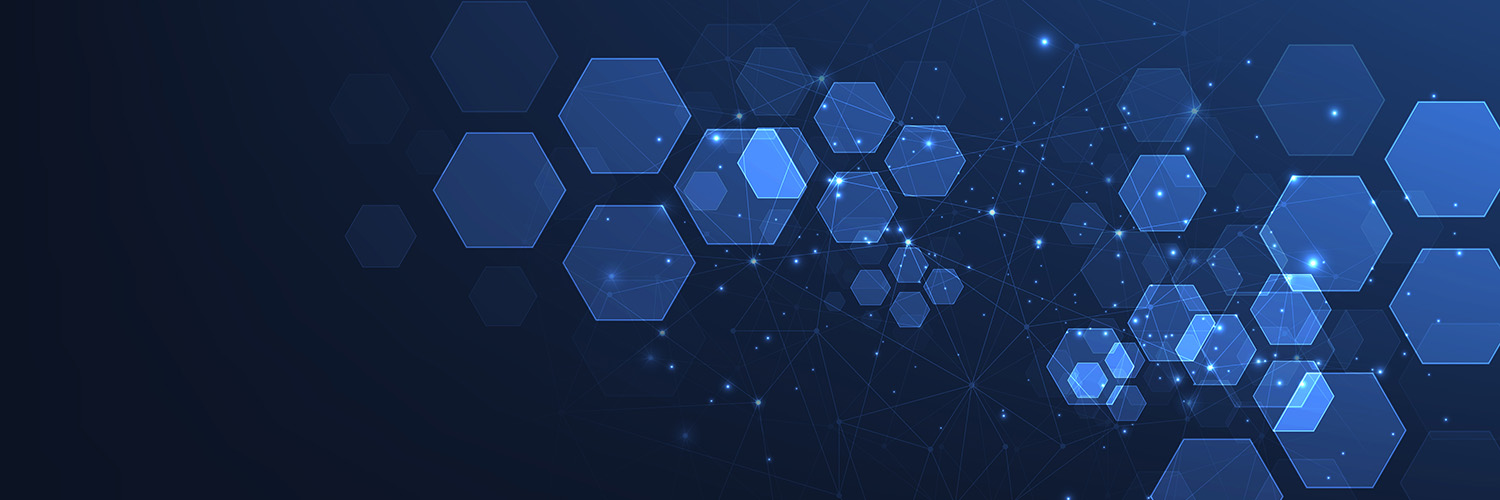
INTERLEUKIN-2 (IL-2) – SIMOA
DATA QUALITY
Interleukin-6 (IL-6)
Ultrasensitive Immunoassay

Rules-Based Medicine’s (RBM) internally developed and manufactured ultrasensitive immunoassay to interluekin-2 (IL-2) based on the Simoa® bead technology can accurately quantitate sub-pg/mL levels of IL-2 in serum or pl. Ultrasensitive IL-2 quantification empowers clinical researchers in areas of autoimmune/inflammatory disorders, cancer, and Type 1 diabetes.
IL-2 is a prototypical T cell growth factor, predominantly produced by CD4>+ and CD8+ T cells, and it can also be produced by dendritic cells, natural killer cells, natural killer T cells, and mast cells in limited amounts. Apart from T cells, IL-2 also increase the growth and activity of B cells and influences adaptive immunity and immune tolerance. Thus, IL-2 plays a central role in controlling immune response through both immune stimulation as well as suppression during health and disease. The IL-2 receptor is expressed by lymphocytes, and activation of this signaling leads to differentiation of naive CD4+ T cells into effector and memory T cell subsets and inhibits differentiation of naïve T cells into Th17 and follicular Th lymphocytes.
Deficiencies in IL-2 or its receptor has also been correlated with certain type of cancers. IL-2 therapy is clinically approved for the treatment of metastatic melanoma and renal-cell carcinoma and can induce complete and durable regressions in these cancer patients. Combination of IL-2 with monoclonal antibodies is also being utilized as a new approach in cancer immunotherapy. Additionally, genetic and immunological studies demonstrate that deficiencies in IL-2R and its downstream signaling pathways may be linked to the pathogenesis of type 1 diabetes. Lastly, deficiencies of IL-2 is also associated with various autoimmune and inflammatory diseases due to the decrease of T regulatory cells (decrease in immune tolerance) in these patients. Low-dose IL-2 therapy as well as IL-2 combination therapy has been reported to boost T regulatory cells and improve treatment outcomes of autoimmune patients.
Swiss-Prot Accession Number: P60568
Alternate names for this biomarker include:
T-cell growth factor, TCGF
| Biomarker | LLOQ* (Serum and Plasma) |
LLOQ* (Undiluted Samples) |
Volume Required | |
|---|---|---|---|---|
| Serum or plasma | Other fluids** | |||
| Interleukin-2 (IL-2) | 0.050 pg/mL | 0.025 pg/mL | 150 µL | 150 µL |
* Lower limit of quantitation (LLOQ) represents the lowest amount of an analyte that can be quantitatively determined with acceptable precision. LLOQ is determined by performing 2-fold serial dilutions of Standard to be tested in triplicate over three runs. The percent coefficient of variation (CV) is calculated for each of the dilution replicates, and the LLOQ is determined as the concentration at which the CV is 30%.
** Cerebrospinal fluid, urine, tissue culture supernatants, bronchoalveolar lavage, synovial fluid, tissue extracts, tears, skin washings, etc.
All assay services are performed in our CLIA-certified laboratory.
Intended for Research Use Only.